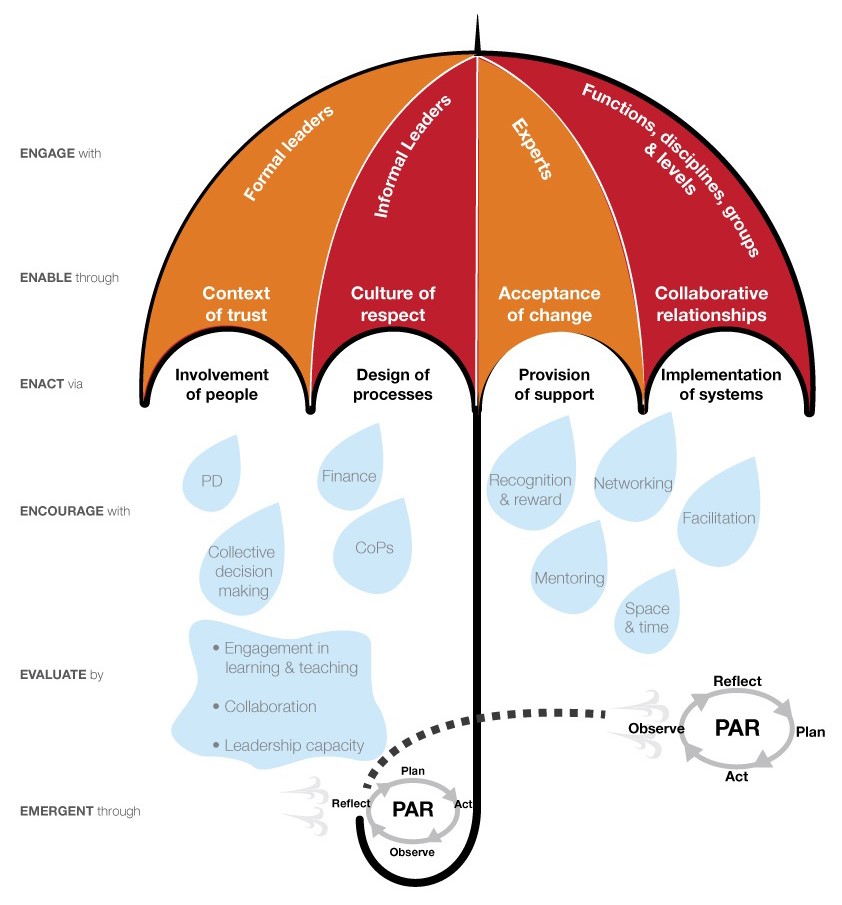The life of Ferdinand Tonnies, German sociologist and political activist, is a testament to the dramatic social changes which swept across Europe in the 19th and 20th centuries. Born in 1855 to a wealthy farmer at the northern fringe of the German empire, Tonnies spent his childhood working on the family estate, sharing close quarters with parents, siblings, and servants, and living in a traditional, face-to-face community of neighbors and extended family. But late in his childhood, young Tonnies’ life transformed when his father uprooted his family to the bustling market town of Husum in a career shift from farming to banking. In this new world of commerce and cosmopolitan society, young Tonnies personally excelled at school and began a life-long journey which further distanced him from his rural roots and propelled him to academic appointments in some of Europe’s most ascendant metropoli.
These divergent experiences—the stable, face-to-face community of his childhood and the increasingly anonymous and commercial social worlds he inhabited as an adolescent and adult—served as exemplars for the two primary forms of sociality Tonnies outlined in his later theoretical work. The first social form, Gemeinschaft or community, was the face-to-face life of his rural youth where people worked together for collective goals and where individual wishes were subordinated to those of the group. The second form, Gesellschaft or civil society, turned this relationship between individuals and the group on its head. Exemplified by modern nation-states, corporations, and voluntary clubs, Tonnies’ civil society existed to serve its members needs and wishes—not the other way around. As opposed to Gemeinschaft’s emphasis on collective goals and personal relationships, Gesellschaft was built on individual rights and responsibilities and impersonal exchanges of money, goods, and services.

